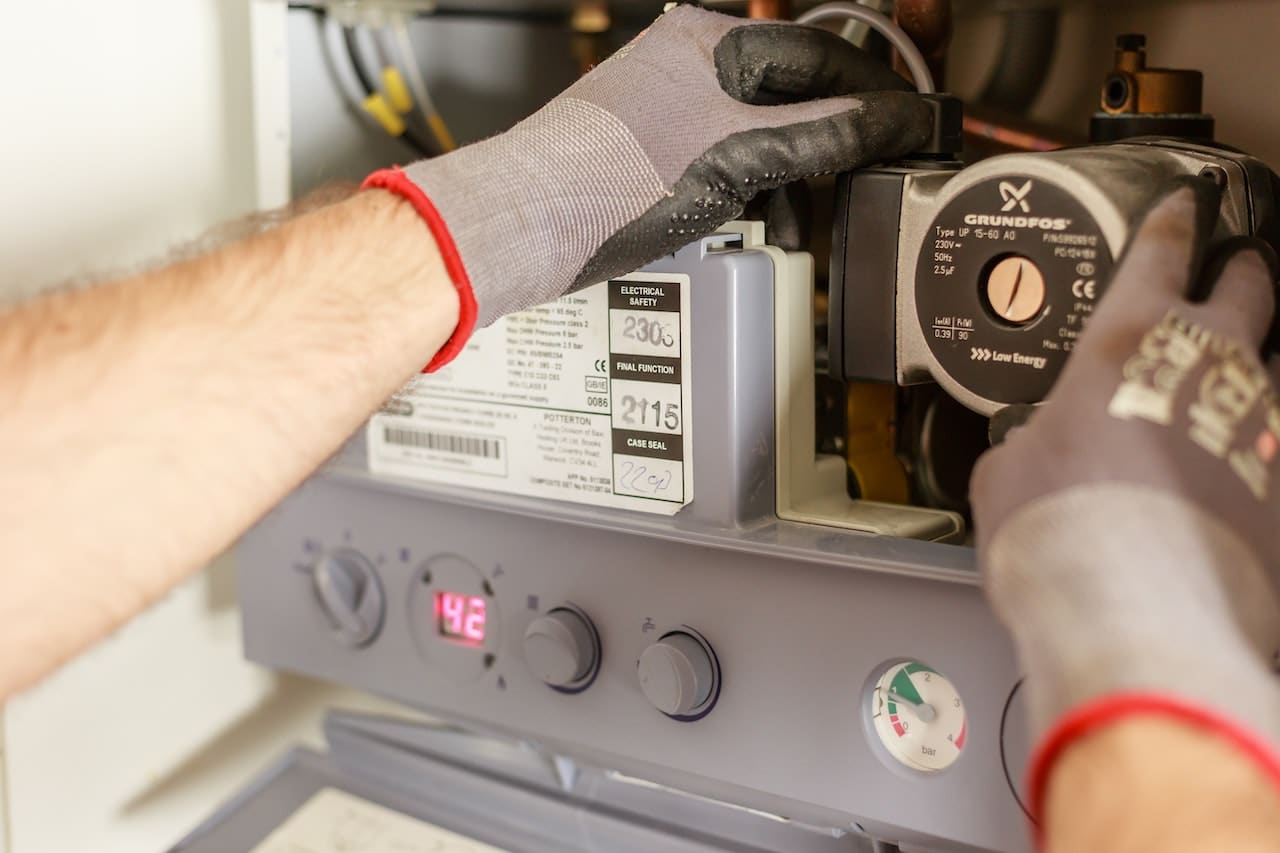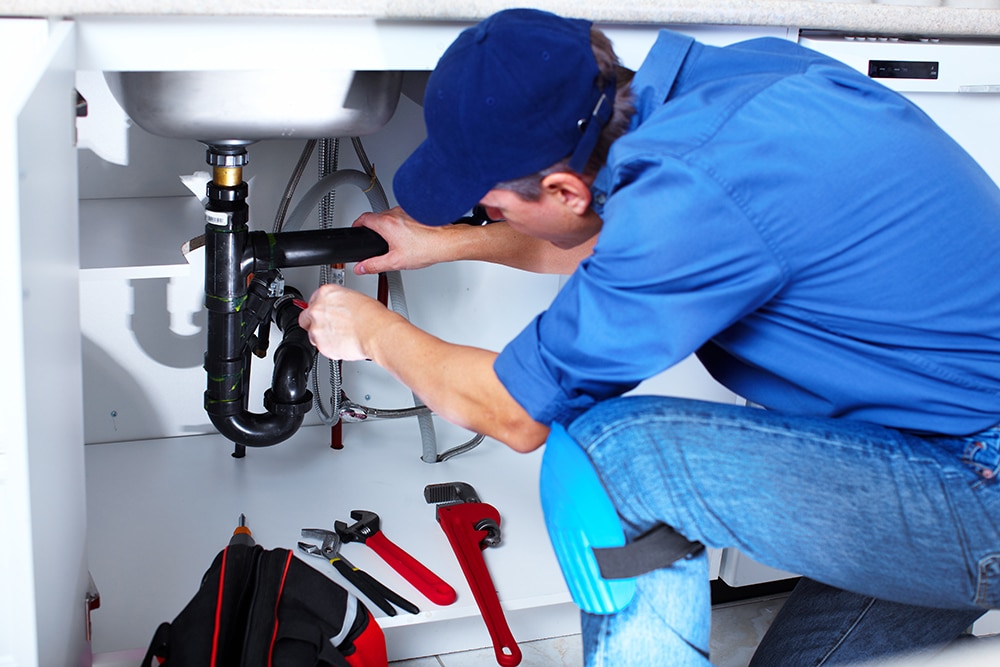Water leaks in a home can be a big problem. Even a small leak can grow into a large problem if it’s not taken care of promptly. Not only does water damage to your home’s structure and possessions affect the value of your home, but it can also encourage the growth of mold inside your home. This not only looks bad, but can be harmful for your health as well. Slab leaks are some of the most difficult to deal with. If you suspect that you might have a slab leak, it is time to take action immediately.
Wet spots on the floor
You may have noticed wet spots on your floor. The spots could be a sign of a slab leak. They are usually not immediately visible but can cause mold and mildew to grow in your home. It may be difficult to tell if they are due to a slab leak, but they will be a common symptom of a larger problem. If you notice water gathering on the floor, call a plumber as soon as possible to fix the problem.
If you find wet spots on the floor, check the temperature of the water. Is the water warm or cold? Are there warm or cold spots in the floor? If so, a slab leak could be the cause of these issues. You can also hear the water running as it pools and begins to rot the subflooring. You can also smell the water if you walk barefoot on the floor.
Damage to hardwood floors
Water can cause permanent damage to hardwood floors if it’s allowed to sit too long. Water can get anywhere and will follow a path depending on its size. Once the water reaches the wood floor system, it must be dried quickly and completely to avoid permanent damage. While you may be able to see some visible damage, it is best to avoid letting the water sit for long periods of time. Here are some things to look for.
The first thing you should do is check the moisture level of your wood floors. They should be completely dry, with normal moisture levels of less than 5%. This can be determined by buying a moisture meter at a hardware store. The next step in repairing hardwood floors caused by a slab leak is to remove any damaged wooden boards. To remove the boards, cut a rectangle around the affected area with a circular saw.
Mold growth
A slab leak causes moisture to accumulate in your home and is the perfect environment for mold to grow. Because the drywall in your home is porous, it is a perfect breeding ground for mold. If the leak spreads to the drywall, you could face a rapid spreading mold problem that will cost you thousands of dollars in material damage. Not only that, but you will find yourself with a mold-filled home and intolerable indoor conditions.
Black mold is a serious health concern because of the harmful spores it produces. This type of mold is toxic and has a slimy texture. The mold spores can survive for up to a year without breaking down. Often, mold spores are carried by people on their clothes and shoes. These spores can also be blown into the air through open doors and windows. Exposure to black mold can trigger asthma attacks, cough, and other respiratory problems.
High water bills
If you are experiencing high water bills, you may be suffering from a slab leak. These leaks can take place in a number of ways. If the water bill suddenly doubles or triples in a short period of time, you may have a leak in your home’s foundation. If you feel warm spots throughout the house, the leak might be underground. Here are some things to look for. If you notice a sudden increase in water bills, this is a sign of a slab leak.
It is important to shut off your main water valve when you detect a slab leak. Not only will this prevent further water damage, it will also prevent a high water bill. Once you’ve located the leak, you should contact a plumber right away. In some cases, a small leak may not be apparent until you have a plumber come out and assess the situation. The plumber will likely try several different solutions before deciding on the best option. Some methods involve tearing out a section of the old pipe and replacing it with a new one. This could cause damage to the surrounding concrete.
Foundation damage
If you suspect that your foundation is leaking, the first thing to do is to hire a plumber. This professional will be able to detect any leaks using special tools such as fiber optic cameras. Even if the leaks initially appear to be very small, if they continue, the problem may spread and cause more damage to your home. A qualified plumber will also have the necessary experience to deal with slab leaks.
Another symptom of a slab leak is the presence of puddles in your house. The puddles can form in the walls, beneath a cabinet, or on the floor. They are most likely to appear near walls, fixtures, and plumbing pipes. The moisture caused by a slab leak is the perfect environment for mold to grow. If you notice mold growing under your carpets, it may be coming from a slab leak.


